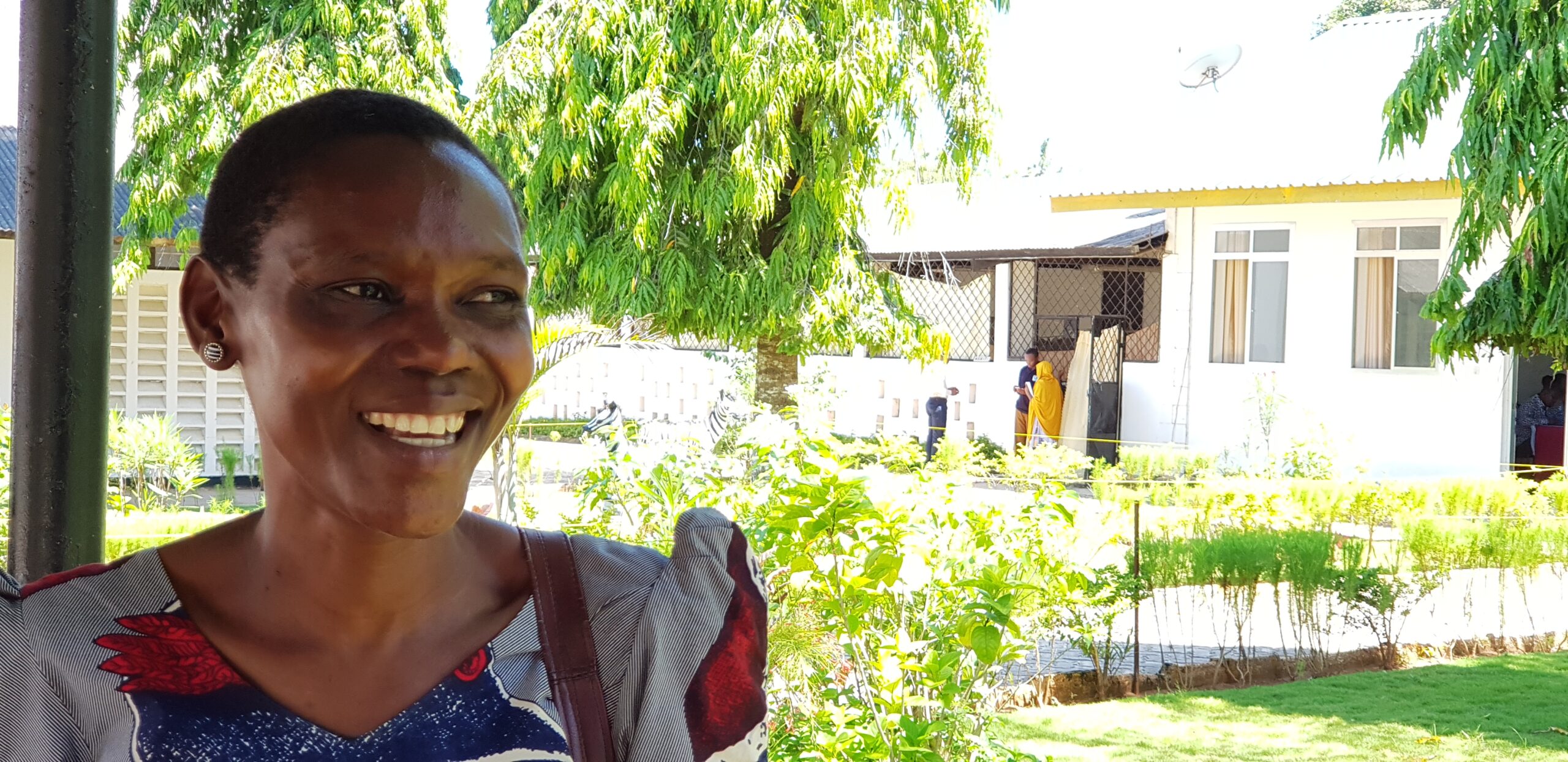
The economic benefits of women’s empowerment
Nearly half of all the people on Earth are women. Yet in much of the world, women have been discouraged for centuries from playing key roles in government or the larger economy. While women have made great progress in some parts of the world, achieving milestones in representation in government and business, there is still a long way to go.
- An estimated 2.7 billion women worldwide are legally restricted from having the same job options as men, according to the United Nations.
- More than half of the 189 countries assessed by the UN have laws preventing women from working in specific jobs.
- Pay gaps between men and women exist in nearly every economy, resulting in women earning 77 cents for every $1 earned by a man in the same job.
- Just 63 percent of women worldwide participate in the labor force, compared to 94 percent of men. This is partly due to the fact that women spend nearly three times as many hours doing unpaid care and domestic work as men – crucial, society-sustaining work that is under-appreciated and undervalued.
- Even in parts of the world where women are more integrated into their country’s economic life, leadership roles remain dominated by men: of the companies making up the S&P 500 in 2022, only 32 CEOs – just 6.4 percent! – are women.
Women’s rights are human rights. Eliminating structural obstacles and allowing women to pursue a life of their choosing and fulfill their potential is an important goal by itself.
But it’s also true that empowering women – putting women in control of their own bodies, time, resources, and economic choices – offers massive benefits to society and the economy at large.
Countries with more women in the workforce see greater economic growth and innovation, and reduced poverty. These countries also typically have more stability and more equitable treatment of women under the law. An economy where women are integral is an economy that can invest in education, health and nutrition, building a sustainable long-term foundation for a thriving society.
Perhaps the best way to empower women around the world is to invest in their education. A lack of education is one of the main structural barriers that prevent women from advancing. Investing in women’s education will provide the skills necessary to take on advanced roles as leaders in their communities and in business. Women who complete their schooling earn more wealth, live healthier lives, have healthier families, and contribute to a more equitable, productive society.
Successful women also serve as role models for the next generation, inspiring them to follow in their footsteps and achieve great things.
Embrace Relief is investing in women’s education
At Embrace Relief, women’s education is a fundamental aspect of our mission. That’s why we have launched our “Reach. Inspire. Support. Educate.” (R.I.S.E.) program, where we are training the next generation of teachers and administrators to be the foundation for improved education in Tanzania.
Through Embrace Relief’s R.I.S.E. program, we and our local partners are providing financial support to 24 women in Tanzania in order to help them achieve a two-year degree in Education Management and Administration (DEMA) and School Inspection (DSI). These degrees will empower the graduates with the knowledge and skills they need to break through into a male-dominated field of work, while ultimately working towards the improvement of Tanzania’s educational system for all students.
This is a life-changing opportunity for these women, and we plan to provide more assistance for even more women in the future. But we need your help.
Each donation to Embrace Relief’s R.I.S.E. program will go directly to pay for students’ tuition, health insurance, books, transportation and meals. Every $100 donated to this program can empower one more woman to unleash her potential, making her life – and the world – better for it.




















